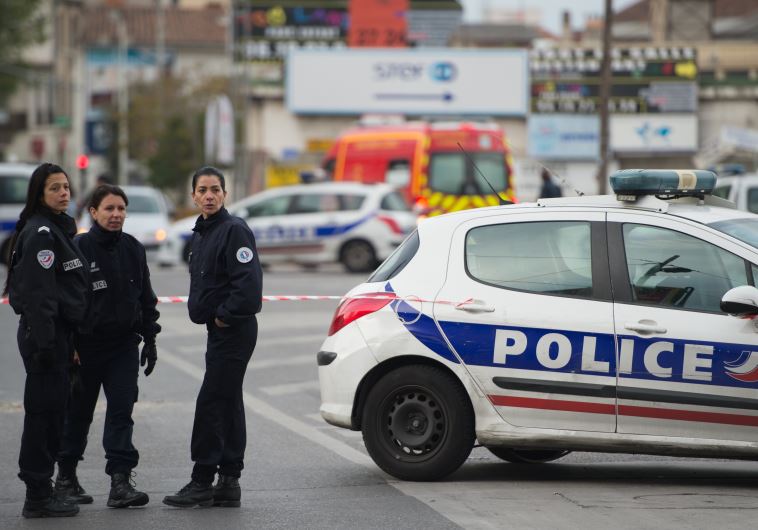Marseilles Jewish community says Hanukka fest will go on, despite city's request to cancel
Following anti-Semitic attack in the French city, fears are heightened but residents say Arab-Jewish relations are good.
 (photo credit: AFP PHOTO/BERTRAND LANGLOIS)Updated:
(photo credit: AFP PHOTO/BERTRAND LANGLOIS)Updated: